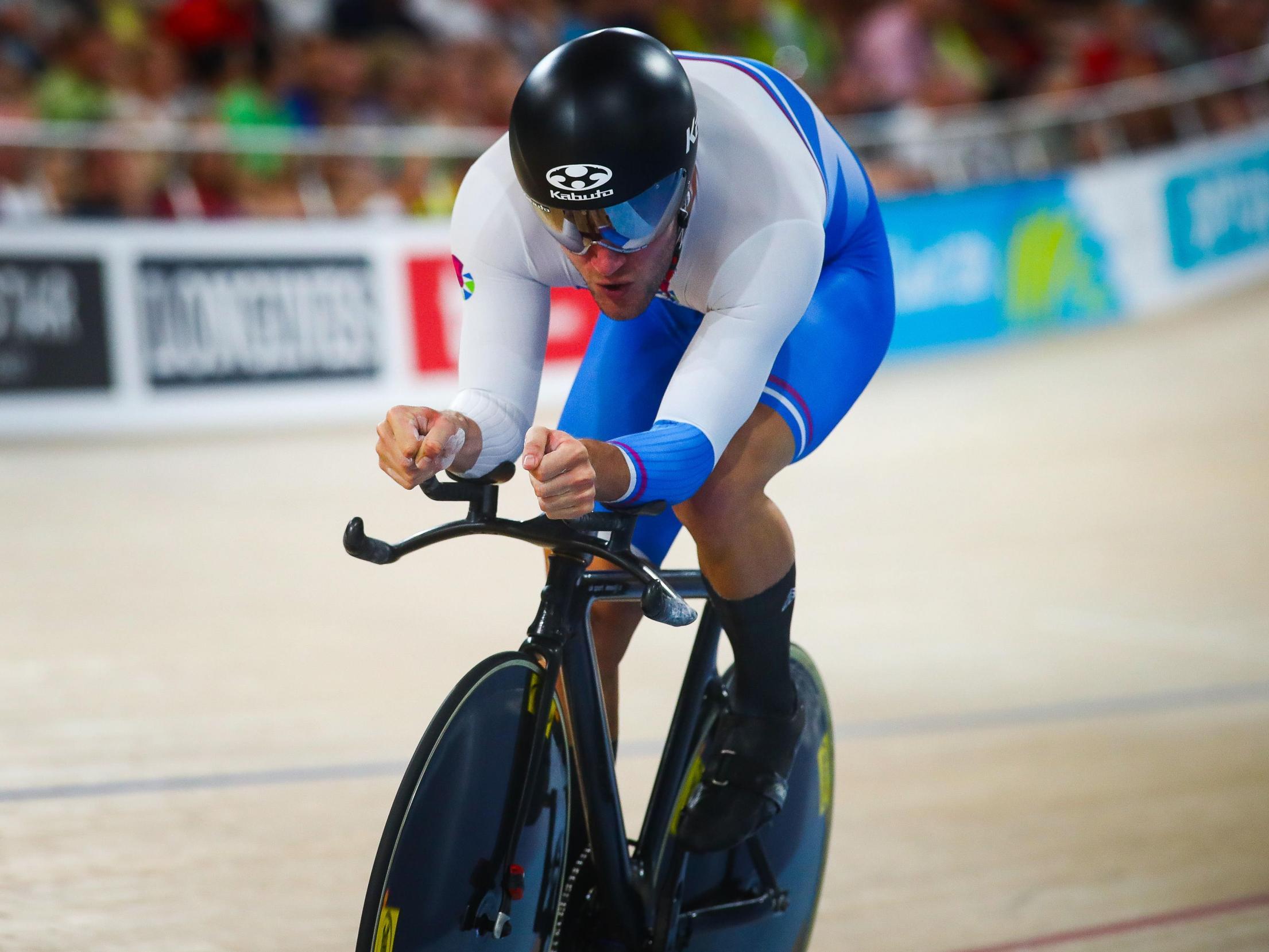Sport ‘at a crossroads’ in drugs battle, says former Wada official
Rob Koehler said athletes from around the globe continue to feel ‘very strongly’ about sport's response to the Russian doping scandal

Your support helps us to tell the story
From reproductive rights to climate change to Big Tech, The Independent is on the ground when the story is developing. Whether it's investigating the financials of Elon Musk's pro-Trump PAC or producing our latest documentary, 'The A Word', which shines a light on the American women fighting for reproductive rights, we know how important it is to parse out the facts from the messaging.
At such a critical moment in US history, we need reporters on the ground. Your donation allows us to keep sending journalists to speak to both sides of the story.
The Independent is trusted by Americans across the entire political spectrum. And unlike many other quality news outlets, we choose not to lock Americans out of our reporting and analysis with paywalls. We believe quality journalism should be available to everyone, paid for by those who can afford it.
Your support makes all the difference.Sport’s fight against drugs cheats is “at a crossroads” and athletes must be given a bigger say in how that battle is waged, says the World Anti-Doping Agency’s former deputy director general.
Speaking ahead of Wada’s annual symposium in Lausanne, Rob Koehler said athletes from around the globe continue to feel “very strongly” about sport’s response to the Russian doping scandal.
The Canadian, who quit Wada in protest over its decision to lift the Russian Anti-Doping Agency’s suspension last September, now heads up Global Athlete, a new advocacy group for international athletes.
“Athletes are subject to strong sanctions when they break the rules – four-year bans for first-time doping offences – so surely countries should face similar punishments when they break the rules, too,” said Koehler.
“Athlete groups from around the world were vocal in their feelings about Rusada’s reinstatement and everything that has happened since must raise the question of whether there really has been a change of culture in Russian sport.”
That is a reference to Russia stalling over the release of analytical data from the Moscow laboratory at the centre of its state-run doping programme and reports that several discredited coaches are still working in the national system.
Koehler also raised the issue of the recent police raids in Austria and Germany that appear to have uncovered a blood-doping operation run by a sports doctor.
“When I saw the gut-wrenching video of the Austrian skier (Max Hauke) being caught while receiving a blood transfusion, I wondered if we are sending strong enough messages to the enablers of doping,” said Koehler.
“The vast majority of athletes do not get into sport to dope, so something isn’t working. We’re at a crossroads.”
Koehler believes the only way to rectify the situation is to get more athletes involved in sport’s decision-making processes, and he wants to start with Wada, saying it should be an “equal partnership” between athletes and administrators.
Since launching earlier this year, Global Athlete has been criticised for being a platform for western athletes to lecture the rest of the world, with the International Olympic Committee saying it lacked the democratic mandate and worldwide representation of its Athletes Commission.
“The IOC made some points that we’ll take into consideration but them saying their group is the only one that matters because it’s elected is just rhetoric,” said Koehler.

“There are lots of great athletes’ groups out there, and we don’t want to reinvent the wheel, but it is a bit disjointed. We believe the athlete voice could, and should, be louder.
“It’s also a very convenient argument to say that we only represent westerners.
“First of all, we don’t. Athletes are reaching out to us from around the world and we’ve had meetings in Oceania, Africa and Asia.
“And second, the reality is that it is easier to talk up in some countries than others. The fear of retribution is real for many athletes, their careers can be ruined and we have to be sensitive to that. It’s why we taking our time, so we get this right.”
Britain’s recently retired Olympic track cycling champion Callum Skinner is one of about 300 athletes who have joined the group. It has also aligned with the main athletes’ groups in Germany and the United States.
As well as arguing for a bigger say in anti-doping policy, Koehler said Global Athlete will also fight for issues such as gender parity on pay and giving Olympic and Paralympic athletes a fairer share of sport’s profits.
Those calls for change at Wada, however, are backed by most of the world’s leading national anti-doping agencies.

Eighteen of them, including UK Anti-Doping, met in Switzerland on Monday to decide a common position before the two-day Wada summit.
With Wada set to elect only the fourth president in its history in November, as British incumbent Sir Craig Reedie has nearly completed his second four-year term, the agencies asked all presidential candidates to commit to increasing the organisation’s independence from the main sports federations, giving athletes more influence and holding Russia to account.
“Based on previous reports from Wada, there are thousands of presumptive positive samples in the Moscow laboratory data that must be investigated,” the agencies said in a joint statement.
“Athletes are demanding this review is completed in a transparent manner, which includes reporting the exact number of presumptive positive findings and how each finding has been managed.
“This process will take months, possibly years, and a future Wada president must not try to turn the page from this scandal, but be committed to a full investigation and pursuit of justice – no matter the cost or time.”
PA
Join our commenting forum
Join thought-provoking conversations, follow other Independent readers and see their replies
Comments